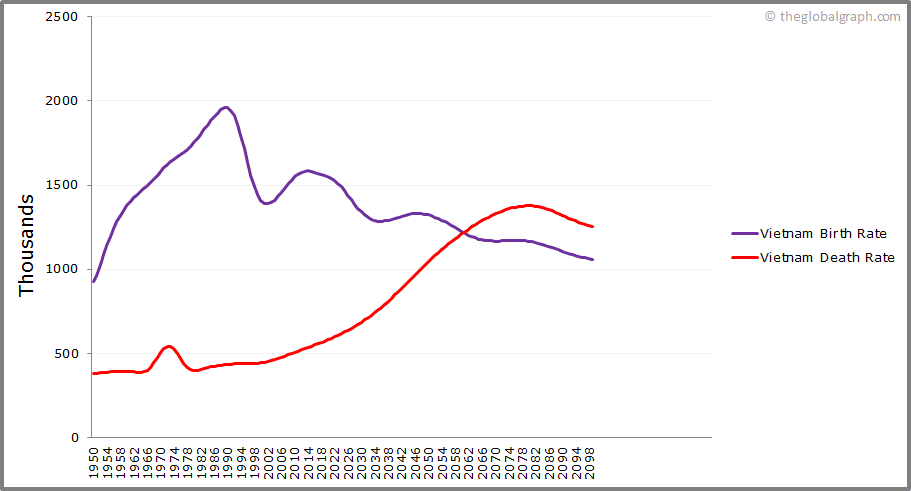


After being physically attacked and her clothes torn by campus security officers for not wearing a headscarf, a female student at a university in Tehran chose to strip down to her underwear in protest. Videos of the incident have gone viral on social media, showing her surrounded by security guards and fellow students in shock. The student's whereabouts are currently unknown after being forcibly taken into custody by the authorities.
Iranian Student's Protest Against Enforced Hijab Sparks Outrage
Background:
Iran's strict dress code, known as "hijab," requires women to cover their hair and bodies in public. This regulation has been a source of contention for decades, with many women challenging the mandatory rule.
The Incident:
On November 19, 2023, a female student at Tehran's Al-Zahra University was attacked by campus security guards for not wearing a headscarf. Viral videos show the guards forcibly removing her clothing, leaving her partially naked.
In protest, the student stripped down to her underwear and confronted the security personnel while fellow students looked on in shock. She was subsequently arrested.
Current State:
The student's current whereabouts are unknown. Authorities have launched an investigation, but no arrests have been reported. The incident has sparked widespread outrage on social media and international condemnation.
Top 5 FAQs and Answers:
1. Why was the student not wearing a headscarf?
It is unclear why the student chose not to wear a headscarf at the time of the incident. However, many Iranian women have been protesting the mandatory hijab rule in recent years.
2. What are the consequences of breaking the hijab law in Iran?
Violating the hijab law can result in fines, imprisonment, or even flogging. The severity of the punishment has varied over time, but it remains a serious offense.
3. What has been the international reaction to the incident?
The United Nations, human rights organizations, and Western governments have condemned the violence and called for the student's release. There have been protests and demonstrations in support of the student worldwide.
4. What is the status of the hijab law in Iran?
The hijab law has been in place since the 1979 Islamic Revolution. Despite protests and calls for reform, the government has not indicated any intention to repeal the law.
5. What is the future of the hijab protest movement in Iran?
The incident has reignited the debate over the mandatory hijab in Iran. It is unclear how the government will respond, but there is widespread support for the student and the movement to end forced veiling.

Despite a desperate attempt by her family to negotiate for a pardon with the victim's family, Yemen President Rashad al-Alimi has approved the death sentence for Kerala nurse Nimisha Priya, who was convicted of murder. With just a month left until her execution, Nimisha's mother has been tirelessly engaging in negotiations and coordinating efforts to save her daughter. However, after hitting a roadblock due to exorbitant lawyer fees, the only remaining hope for Nimisha is a possible pardon from the victim's family. Stay updated on this tragic case by joining our WhatsApp channel.

US President Joe Biden has declared January 9th as a national day of mourning to honor the passing of former President Jimmy Carter. Government agencies and executive departments will be closed on this date, and a state funeral and private interment ceremony will take place in Atlanta and Plains, Georgia respectively. Carter, known for his accomplishments during his presidency and global humanitarian initiatives, was the longest-lived US president and was awarded the Nobel Peace Prize for his efforts in promoting human rights and democracy. Condolences have poured in from around the world, recognizing Carter's lasting impact on international politics and peacekeeping efforts.

Despite their sacrifices for the creation of Pakistan, the Bihari community in Bangladesh continues to face injustice and disregard. As Pakistan commemorates 53 years since the country's dismemberment, the plight of these stateless and marginalized people remains unaddressed. The failures of political elites and politicians to acknowledge and stand up for this community only adds to the tragedy and injustice they have faced for decades.

Vietnam's birth rate has been steadily decreasing for the past few years, reaching a record low of 1.91 children per woman in 2024. This has led to concerns about the country's population potentially beginning to shrink after 2054. The Ministry of Health is drafting a new Population Law to encourage women to have more children, including abolishing penalties for having a third child and encouraging women to get married and have children at a younger age.

A passenger jet crashed upon landing in South Korea, resulting in the presumed death of all 181 people on board except for two survivors. Officials have recovered the flight data and cockpit voice recorders and are working to identify the victims, while investigating the cause of the crash. Decoding the flight data could take up to six months, raising the question of what led to the tragic accident.

Two separate fatal airplane crashes occurred within a week, leaving numerous casualties with low chances of survival. Investigative efforts are currently focused on determining the causes behind the accidents, with one being linked to mistaken hit by Russian air defense, while the other resulted from landing gear failure and subsequent crash into the airport's wall. Surprisingly, a 2015 study suggests that sitting at the back of the plane may increase chances of survival in a crash.

A tragic plane crash in South Korea claimed the lives of 179 passengers and left only two survivors. As families gathered at the airport, one distraught man shared the last message he received from a passenger just moments before the crash, revealing that a bird had struck the plane's wing. A video of the accident has also surfaced showing the plane skidding off the runway and crashing into the airport fence.

In a devastating incident, a Jeju Air plane with 181 people aboard crashed in Muan International Airport, South Korea. Only two crew members were rescued as the plane veered off runway and into a wall, bursting into flames. This comes after another Jeju Air plane experienced landing gear issues earlier on Monday. While the cause of the crash is yet to be determined, there are speculations that a bird strike may have been the cause.

On December 29th, a tragic plane crash occurred at Muan International Airport in South Korea, resulting in the death of 179 out of 181 passengers and crew members. The Jeju Air flight was arriving from Bangkok when it skidded off the runway, hit a wall, and burst into flames. While authorities suspect a possible bird strike may have caused the accident, investigations are ongoing. Bird strikes are a common threat to aircraft safety, and while most incidents do not cause significant issues, some can result in engine damage or structural damage. This incident brings to mind the famous 2009 case of US Airways flight 1549, where Captain Chelsey Sullenberger successfully landed the aircraft on the Hudson River after it was struck by birds.

A Jeju Air flight carrying 181 passengers and six crew members from Bangkok to Muan International Airport crashed and burst into flames on Sunday. The crash resulted in the death of 179 people and injured several others. The acting President of South Korea has declared a national mourning period until January 4 and ordered all-out rescue efforts. The accident has also been declared as a special disaster zone, with the Prime Minister of Thailand expressing her condolences and seeking details of any Thai passengers on the flight.